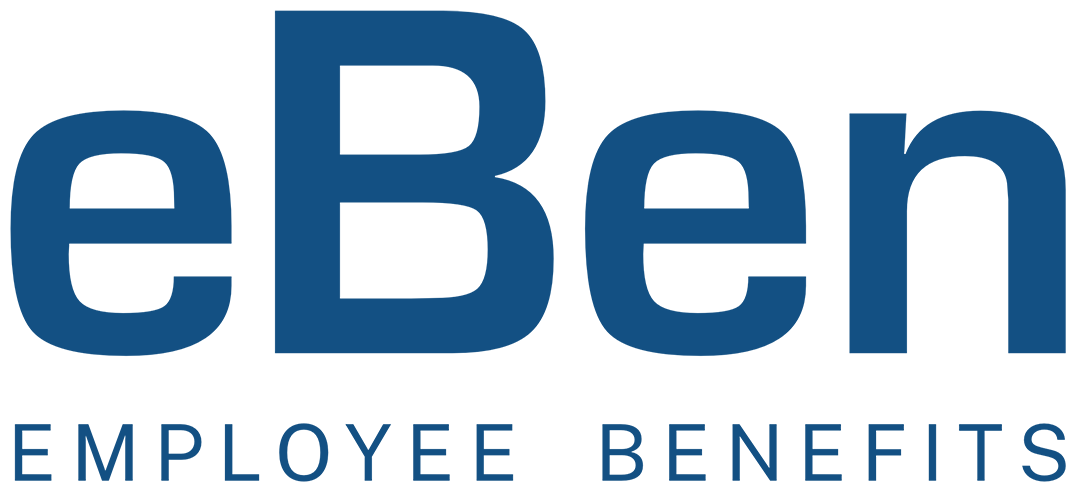Mergers and acquisitions, or M&A, is an umbrella term for the various ways that two companies can combine into one.
Companies may decide to combine with another business for a multitude of reasons. In an increasingly competitive market, a company must keep its costs low and come up with new solutions. Joining with a competitor makes it so that neither business faces the other as a threat.
Understanding Mergers And Acquisitions (M&A)
M&A allows companies to grow as they get new ideas, new things to sell and people to sell them to and different workers. Combining the strengths of both companies can also lead to higher efficiency and lower costs.
There are many types of mergers:
- Horizontal merger – when the two companies occupy the same niche.
- Vertical merger – when a company combines with their supplier or customer.
- Congeneric merger – when the two companies offer separate, complementary services to the same people.
- Market-extension merger – when two companies who sell the same things to different people combine to collectively reach all of those customers.
- Conglomeration – when the two merging companies have nothing in common.
For both mergers and acquisitions, there are also many ways the financial deals can be made. Purchase mergers are when one company buys another with cash or a debt instrument. Consolidation mergers are when two companies combine into one brand-new company. An acquisition can be made by means of cash, stocks, assuming a debt or multiple of these.
How Do Mergers Differ From Acquisitions?
Though mergers and acquisitions are different types of transactions, every time two businesses combine, the situation is different. Because of this, there is a significant amount of gray area between these two terms.
An acquisition is where one company buys another. They take over management and become the new owner. A takeover of a company is always considered to be an acquisition if the deal is hostile and the company being bought does not want that to happen. In simple acquisitions, the most straightforward variety, the company that is purchased retains its name and structure. The majority of its stocks are simply purchased by another party.
A merger, on the other hand, is where two companies of roughly the same size combine to form a completely new entity. This company will have a new name and likely new structures put in place. A merger is essentially a friendly combination. Both businesses’ directors agree that it is for the best, and ideally, shareholders think the same.
If one company buys another, it may still be called a merger. This is generally the case when, though the two companies are different sizes, everyone agrees that the combination is beneficial to everyone involved.
Why Working With eBen Can Make Your M&A Go Smoothly
If a company is going through an M&A, having an HR consultant to help out is a crucial step. Mergers and acquisitions have an alarmingly high rate of failure, and that trend is often due to things related to HR. Methods of management and office cultures that don’t work well together, a lack of motivation, important employees going to find other work and bad communication are just a few of the most often cited mistakes.
Contact eBen Today
An HR consultant can help avoid all of these problems and more. By advising, conducting surveys, compiling data and figuring how best to make the two companies work together on a human level, an HR consultant like eBen can ensure the smooth integration of the most important and complicated part of every company—the people. Reach out to schedule an appointment to get started.


